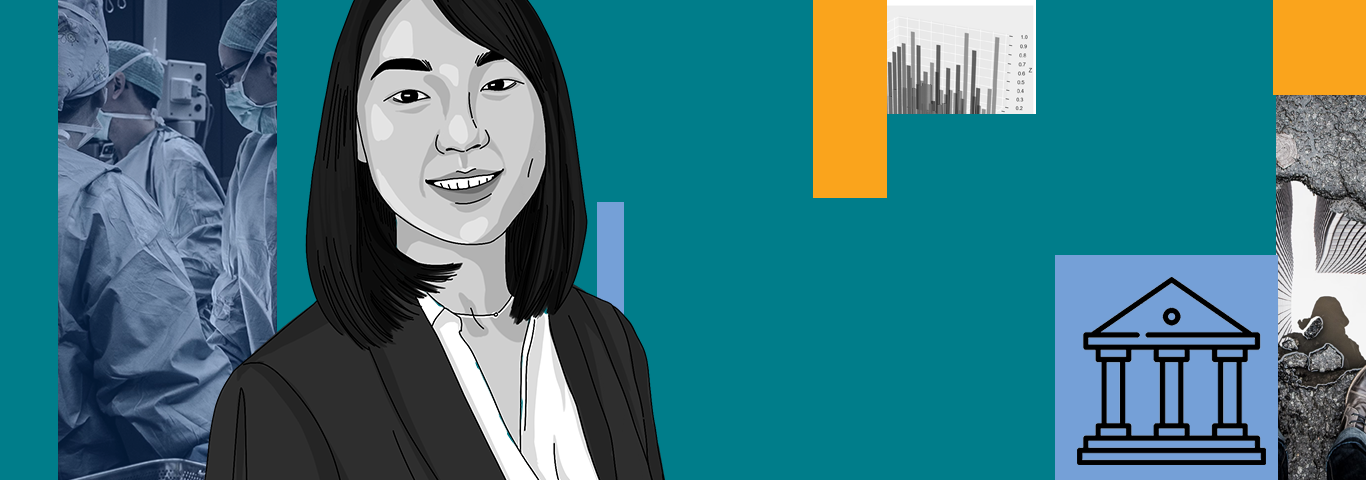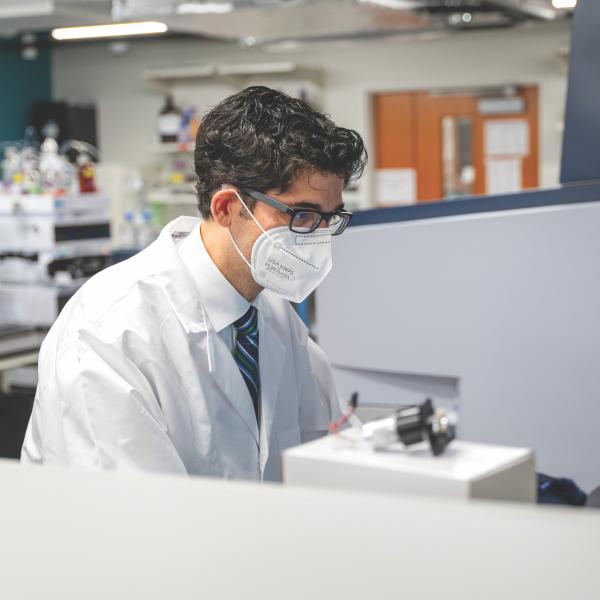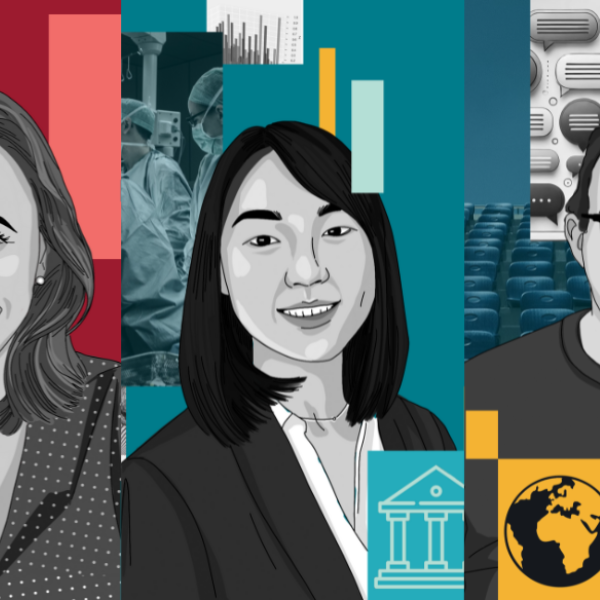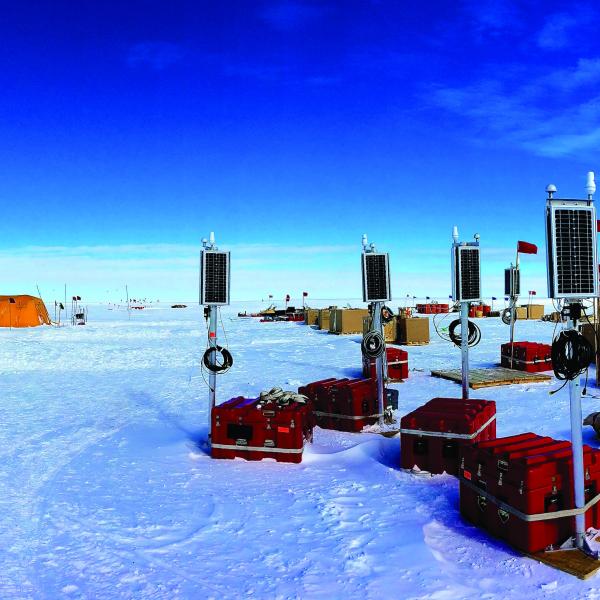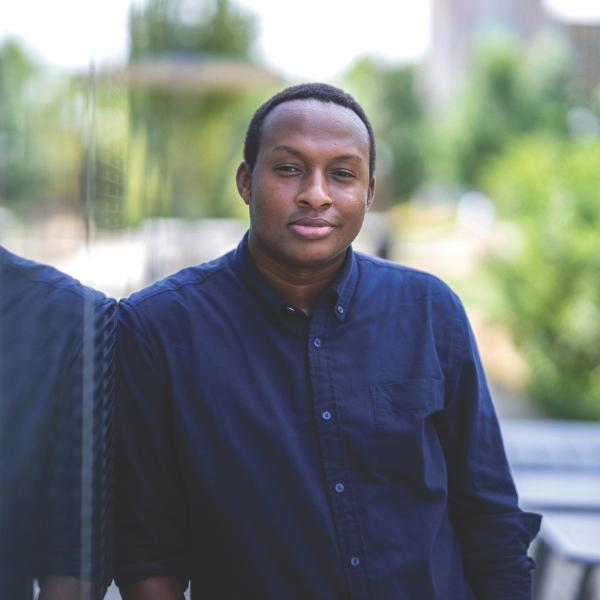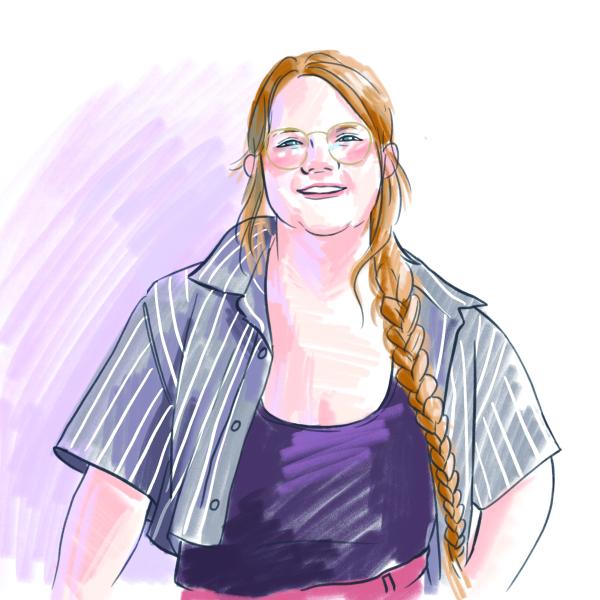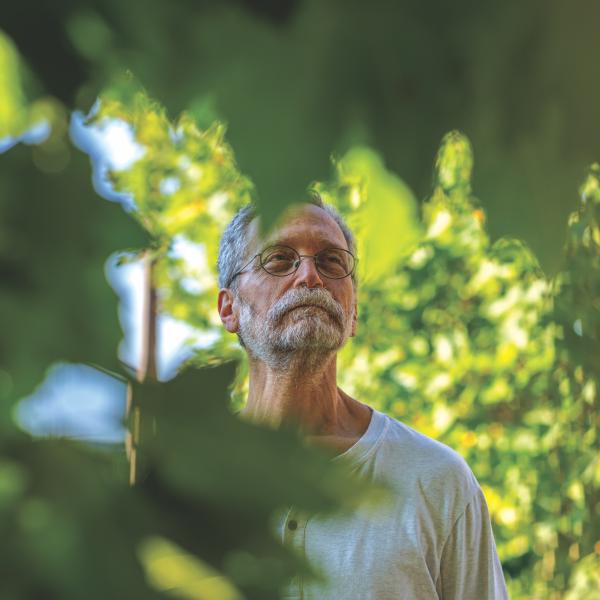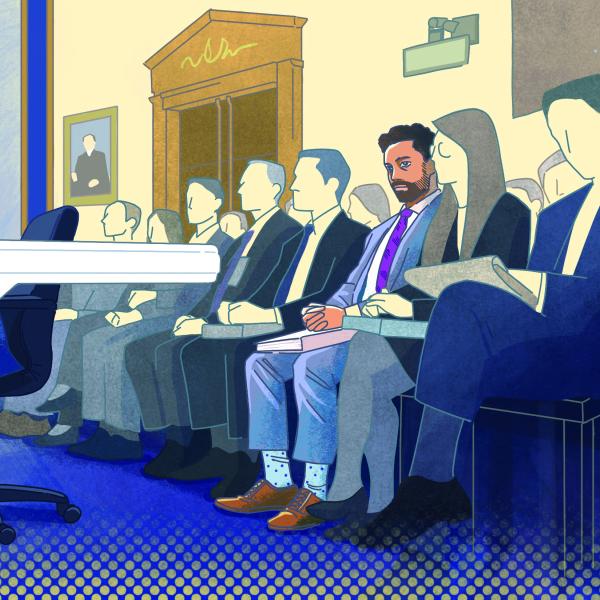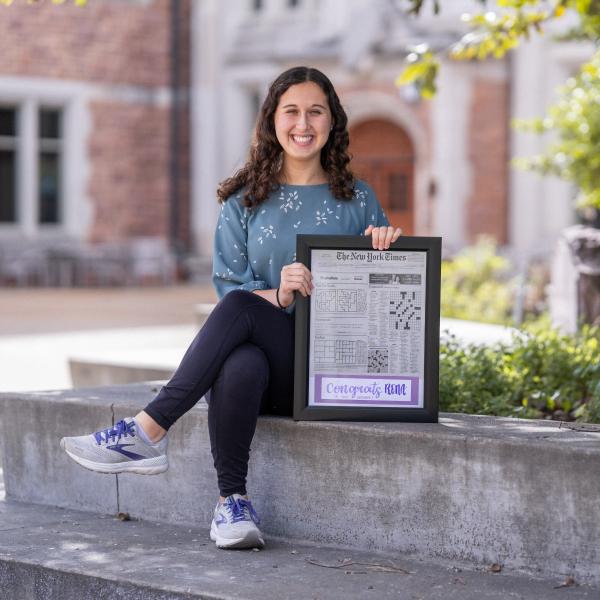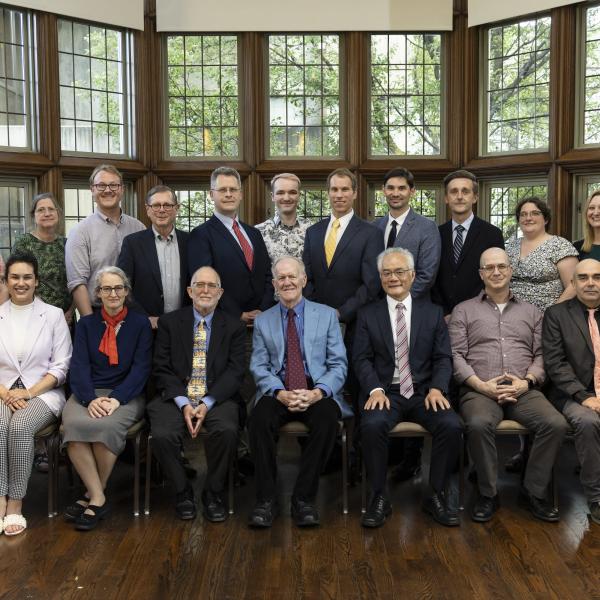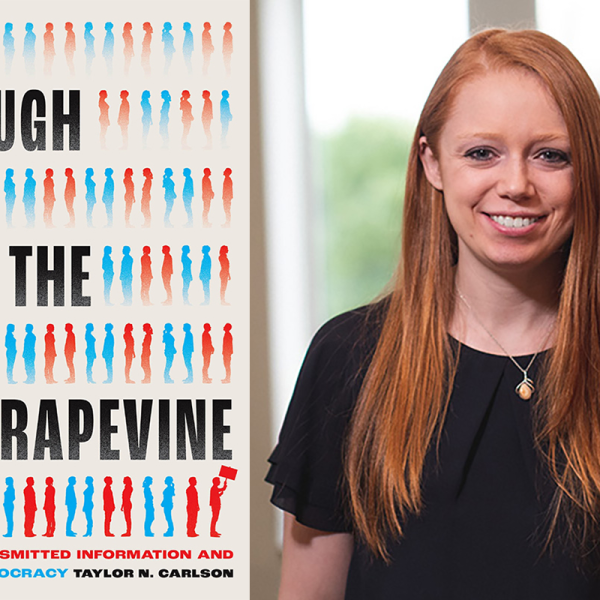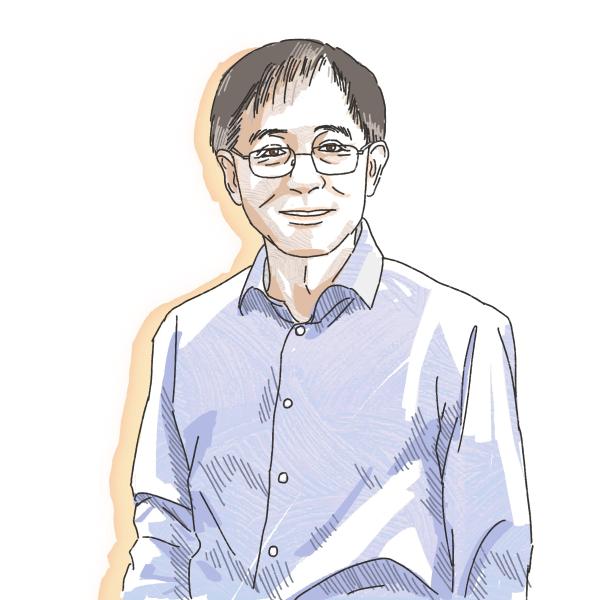Fall 2024 Issue
The Ampersand magazine shares stories of incredible people, research, and ideas in Arts & Sciences at Washington University in St. Louis. It is published semiannually and distributed to alumni, faculty, students, staff, and friends of Arts & Sciences.
The Fall 2024 issue includes stories on:
- The real-world power of a PhD
- A nationwide project probing threats to human health
- New research on our changing planet
- A first-generation student with plans to use science to heal her community

